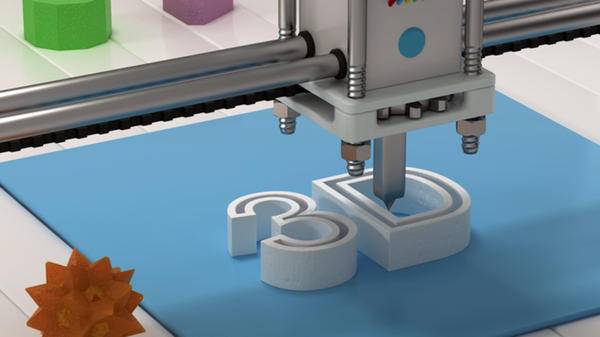How Can 3D Printing, Blockchain and AI Help In A COVID-19 Crisis?
- August 7, 2020
- Posted by: admin
- Categories: Artificial Intelligence, Blockchain

Introduction
COVID-19 is a reality that the world has to face and brave for the present. The pandemic has been both swift and devastating and it has caused a major disruption to the supply chains all over the world. There has been excessive demand for certain products while the production of certain other products has stopped due to the unavailability of essentials.
The good news is that we have technologies such as 3D printing, blockchain, and Artificial Intelligence (AI) which can help us recover from the effects of this pandemic and be better prepared for the future.
Supply and Demand
One of the major challenges these technologies can address is to predict how people will react to extraordinary events. For example, perfume factories in France have switched to producing hand gels for hospitals to meet the demand. In an unpredictable scenario such as this, AI can help identify patterns and predict what happens next. AI captures and aggregates data from various sources.
Another major challenge is keeping up with the supply, particularly when supply chains are dependent on just one source which could be disrupted during unprecedented scenarios. 3D printing which involves making things layer by layer from digital files can help in such times. This technique enables the mass production of things without using expensive tools and molds. Thus, by using 3D printing hospital ventilators can be made and distributed at great speed. However, to use this technique access to reliable designs and parts for manufacturing specialized products has to be ensured.
Blockchain Verification
In times of a crisis, it is vital to keep track of things to ensure that they are genuine. At such times the blockchain technology can be used, as it provides an open distributed record of transactions. Records can be easily accessed by anyone but deletion and modification of records are not possible. This ensures transparency and traceability of records, thus turning a supply chain to a digital chain of visible blocks which is permanent. Some of the advantages of using blockchain are:
• Trust and cooperation between all relevant parties. For example, blockchain technology is being used in China to trace and confirm the source of public announcements, which helps eliminate fake information.
• Enabling smart contracts that transfer funds automatically when certain conditions are met. For example, Brooklyn Microgrid uses smart contracts to enable homes with solar panels to sell energy to their neighbors.
• Minimization of price inflation.
• Ensures that equipment is distributed equally, fairly with transparency.
Though each of these technologies has an important role to play individually, combining these three technologies has the maximum advantage. However, to combine these technologies the right set of skills and infrastructure have to be in place. This is where private investments and coordinated government strategies (Industrie 4.0 in Germany to Made in China 2025) can help.
Conclusion
The extraordinary impact this pandemic has had is for sure to change lives. Never before have we witnessed such panic buying all around the world which is a result of lack of trust the public has in an institution.
Investing in AI, blockchain, and 3D printing can help businesses cope with changes in demand for products and make their supply chains robust. The combination of these technologies will also help us be prepared, predict, respond, and recover from future calamities.
